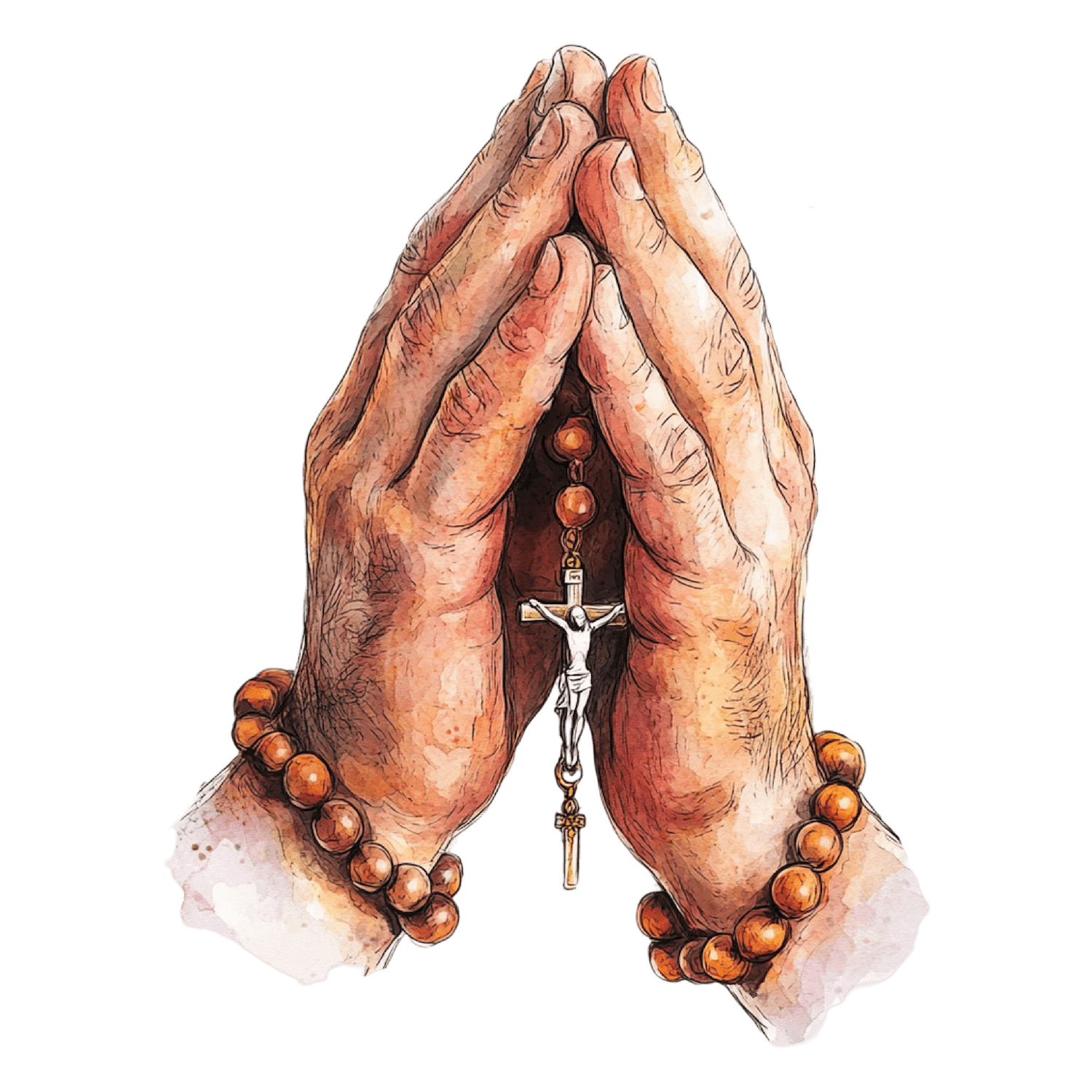Let’s be honest—opening the Bible for the first time (or the first time in a long while) can feel like standing at the edge of a vast ocean. It’s beautiful, deep, rich with life—but also big. Really big. Between ancient names, poetic language, and hundreds of pages, many people quietly wonder: Where do I even start?
If you’ve ever felt overwhelmed trying to read the Bible, you’re not alone. Whether you’re new to Scripture or you’ve just struggled to stay consistent, the good news is this: God’s Word isn’t meant to intimidate—it’s meant to invite.
Let’s break down the overwhelm and explore simple, grace-filled ways to approach the Bible that feel less like a duty and more like a daily connection with God.
Remember: It’s a Relationship, Not a Race
Sometimes we approach Bible reading like a spiritual marathon—we think we have to read a whole chapter, understand every verse, and journal ten takeaways in one sitting. But the Bible isn’t a checklist. It’s a conversation. It’s not about how much you read but how deeply you engage.
Start with a small portion. Even a single verse can carry powerful truth. Read slowly. Let the words sink in. Ask, “What does this reveal about God? What does this say to me today?”
You’re not trying to master a textbook. You’re meeting with your Savior.
Pick a Starting Point That Feels Approachable
The Bible isn’t arranged chronologically, and it’s made up of different types of books—history, poetry, letters, prophecy, and more. Some parts are more straightforward than others, especially when you’re starting out.
Great beginner-friendly starting points:
- The Gospel of John – introduces you to Jesus and His love.
- Psalms – prayers and honest emotions laid bare before God.
- Proverbs – bite-sized wisdom for everyday life.
- James – practical and powerful teaching in just five chapters.
You don’t have to read from Genesis to Revelation. Pick one book and journey through it at your own pace.
Use a Simple Study Method (Like SOAP)
Having a method can help focus your reading. One helpful approach is the SOAP method:
- S – Scripture: Write down a verse that stands out.
- O – Observation: What is the verse saying? What’s happening?
- A – Application: How can you live this out today?
- P – Prayer: Talk to God about what you’ve read.
This structure gives you a starting point and helps you move from reading to reflecting to responding.
Give Yourself Permission to Ask Questions
You’re not expected to understand everything right away. The Bible was written in a different time and culture, and some passages are simply tough. It’s okay to pause and say, “I don’t get this yet.”
Use a study Bible, devotionals, or trusted online tools to help explain confusing parts. You can also write down your questions and bring them to a mentor or small group.
Remember: questions are not signs of weak faith—they’re signs of a growing one.
Create a Quiet, Grace-Filled Space
It’s hard to focus when you’re rushed or distracted. Create a space where you can meet with God—whether that’s your favorite chair in the morning, your car during lunch break, or a cozy corner before bed.
Don’t stress about the length. Even five minutes of reading and reflection can be meaningful. You’re building a rhythm, not performing a ritual.
Don’t Let One Missed Day Spiral into Guilt
Life happens. Some days you’ll forget, feel too tired, or just not be in the mood. That’s normal. Don’t let one missed day turn into a week or month of avoiding the Bible altogether.
God’s not disappointed in you—He’s always ready to meet you when you return. Pick back up where you left off, or start fresh. His grace is steady and new every morning.
Let It Be Personal, Not Perfect
There’s no single “right” way to read the Bible. Some people highlight and journal. Others listen to an audio Bible during their commute. Some read in silence; others reflect through art or music.
You have the freedom to approach the Word in a way that connects with your soul. The goal is not performance—it’s presence. God wants your heart, not your perfect reading plan.
Final Thoughts
The Bible is not just a book of rules or stories—it’s a love letter, a guide, a conversation with the Creator who knows you deeply and desires to be known by you.
Start small. Stay consistent. Show up as you are. And trust that as you continue reading, God will meet you, shape you, and speak life into your everyday.

